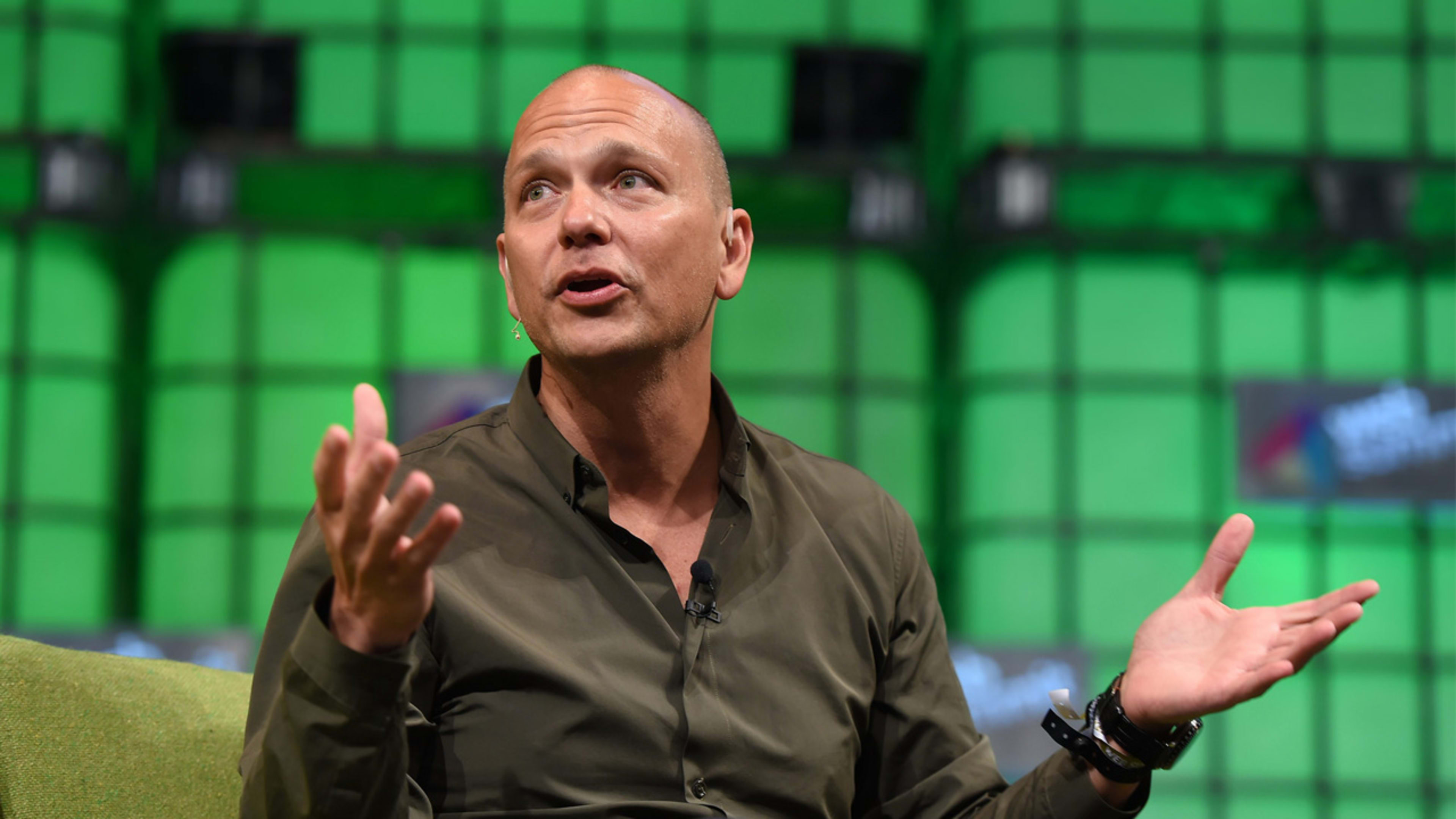Update: Since this story was published, former Nest employee Vibhu Norby wrote this Medium post about his positive experience at the company and his reaction to the recent negative reports.
What happens when you cross a micromanaging chief with a multi-billion-dollar company? If the chief in question is Nest founder and CEO Tony Fadell, it’s a combination ripe to create a toxic work environment, according to reports in Business Insider, TechCrunch, and others.
Business Insider spoke to several former employees of Nest who revealed that the company’s internal culture forced them to work weekends for months, fostering an environment where it was “always crunch time” yet has recently been rocked by both product malfunctions, a safety recall, and the departure of key executive staff.
A thread on Hacker News following BI‘s report surfaced a new spate of complaints from current and former staff members. One said even though they didn’t work on hardware, “[Nest] is an org driven more by design and marketing than by QA and sound development and engineering. You always felt like you were failing and behind.” Another claimed to have “something like PTSD occasionally from getting yelled at and bullied by Tony Fadell almost literally every day while I was there,” and suggested that Larry Page should “take Tony out front of TGIF (the company’s general Q&A sessions) and fire him publicly” because his leadership is the root cause of the toxicity at Nest. Still another questioned if Alphabet’s upper management even cared about what was happening among Nest’s ranks, writing, “Isn’t leadership about doing the right thing. If people are getting abused, Alphabet/Google better do something about it.”
Fast Company’s previous reporting suggests that Fadell may have been given carte blanche to do as he pleased at the helm and Google/Alphabet’s executives actually encouraged it.
Fadell, who Fast Company once called the “$3.2 billion man” in reference to Google’s acquisition of his smart thermostat company in early 2014, is an Apple veteran who led the teams creating the first iPhones and iPods. When Google bought Nest, Fast Company’s Austin Carr reported that Fadell brought with him over 100 former Apple staffers in effort to maintain a high standard of design while taking advantage of Google’s machine learning and operational efficiency.
At the time they informed “a shocked audience” of existing employees about the acquisition, there was a Q&A with Google’s Larry Page. One asked about what Page thought of Nest’s product road map, and Page reportedly replied: “Keep doing what you’re doing, and do it as fast as you possibly can.”
Fast Company’s report details how Fadell’s reputation for being intense, very animated, and prone to raise his voice (not necessarily in anger) spilled over to push the Nest team. Carr wrote, “A meme is floating around the office comparing Fadell’s style to that of the Mountain in Game of Thrones, the towering brawler known for beating his opponents to a pulp. But surviving as a startup consumer electronic brand requires just that sort of attitude.” Another anecdote reveals: “When one employee failed to live up to his standards, Fadell ordered a manager to fire the employee, saying, “You gotta Glock Glock that dude,” as he mimed shooting off a handgun. He was joking, but unapologetic.”
All of that fist-banging and hard driving for perfection is supposed to bring out the best in his employees, according to his cofounder Matt Rogers. “But at the same time, he is incredibly caring and passionate about their development,” Rogers said.
You can’t develop much of anything under such circumstances, according to workplace experts. As psychologist Paul White notes, toxic leadership may appear successful for a while. “Over the long term, their attitudes and actions catch up with them,” he says, “Trust and teamwork deteriorate in their areas; they have a high turnover rate in their department, and they will eventually destroy the health of the organization.”
Lindsay McGregor and Neel Doshi, co-authors of Primed to Perform, underscore the importance of total motivation and how it erodes or boosts bottom line results. “In one company we surveyed, salespeople with positive “total motivation” produced 28% more revenue than their more negatively motivated counterparts.”
If the entire point of Fadell’s pushing has been to produce the very best products, his methods are not necessarily working, either. Nest thermostats recently made headlines for leaving customers in the cold when a glitch forced the battery to drain and turn itself (and the heat) off. Nest also had three major network outages in the past year shutting down thermostats, smoke detectors, and smart cameras used as baby monitors.
What’s more, Nest isn’t quite living up to analysts’ expectations. An analyst from RBC told Business Insider that if the 2014 estimate of $300 million in revenue was correct, Nest’s growth is slower than expected.
It’s no surprise that Fadell hasn’t made it onto the top of the 50 Most Well-Liked CEOs list, although it’s important to note that Google’s Larry Page ranked number one. Not two years ago Fadell told Fast Company “I can learn a ton from Larry. I’m like a kid in a candy store again. I might be the only person who is lucky enough to work with both Steve and Larry, and I cherish that.” Maybe Page can teach Fadell a little bit about leadership.
Recognize your brand’s excellence by applying to this year’s Brands That Matter Awards before the early-rate deadline, May 3.
